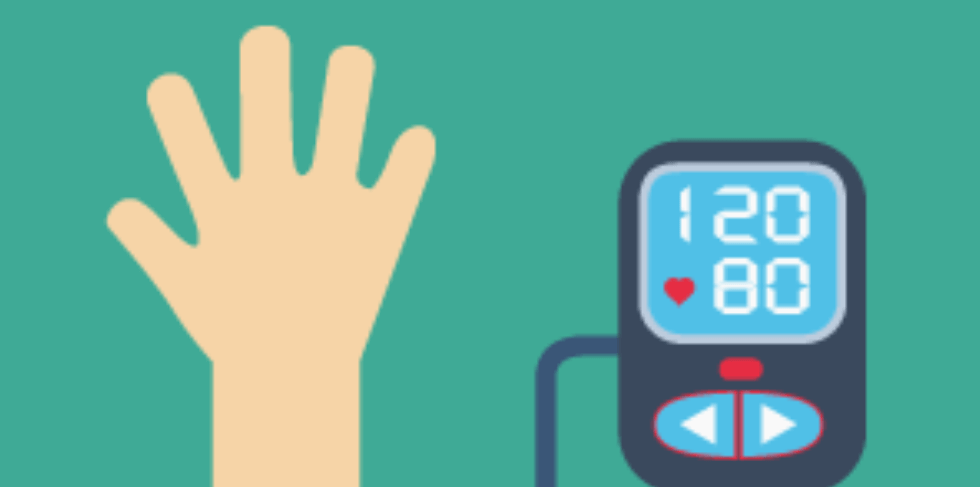High Blood Pressure – 1 of 2
All you need to know about blood pressure
Usually symptomless, high blood pressure isn’t something you can feel, so you may not know you have it until it’s too late. It’s estimated that around 30 to 40% of people in Ireland have high blood pressure but may not be aware of it.
Checking your blood pressure is easy and painless. The higher your blood pressure, the more at risk you are of serious illness in the future.
Remember that one high blood pressure reading does not necessarily mean you’re in trouble – blood pressure should be measured regularly over time to determine accurately whether there is a pattern of high blood pressure.
Dr Mooney says: “Adults under the age of 40 need to get checked at least every 5 years, while those over 40 should have it checked once a year. Women of any age using contraception treatments (such as the contraceptive pill or patch) should get their blood pressure checked every time their contraception is prescribed.”
If you would like to speak with a GP about any health concerns, book a video consultation or ask a health question at webdoctor.ie today.
What is high blood pressure?
Your GP will measure your blood pressure using a sphygmomanometer, a device which consists of an arm cuff, stethoscope, dial, pump and valve. Home testing kits are also available and are often a good idea for people who get nervous when visiting their doctor. Blood pressure is measured in millimetres of mercury and is recorded as two figures:
- Systolic pressure: the pressure of the blood when your heart beats to pump blood out
- Diastolic pressure: the pressure of the blood when your heart rests in between beats
If your blood pressure reads 140/90mmHg or higher on separate occasions, you have high blood pressure. A reading below 130/80mmHg is considered normal. High blood pressure means more strain on your heart and on your arteries. If left untreated for a period of time, the arteries can become thicker or weaker and therefore more narrow, which can result in them getting clogged up more easily. A clot can occur when the artery becomes completely clogged, and this can lead to dangerous medical conditions such as stroke, heart attack, kidney disease or dementia.
Am I at risk?
Your chances of having high blood pressure increase as you get older. There are also several factors that may indicate an increased risk of high blood pressure:
- Being overweight
- Family member with high blood pressure (especially parents or siblings)
- High salt diet
- Not eating enough fruit and vegetables
- Not exercising
- Drinking more than the recommended daily alcohol intake
- Smoking cigarettes
- People of African or Caribbean descent are also more likely to have high blood pressure.
Taking steps to change your lifestyle for the better can reduce your risk of developing high blood pressure.
How is high blood pressure treated?
Lifestyle changes will go some way to lowering your blood pressure, but medication may also be required to ensure it is under control. Your GP will recommend the right medication for you from the large range available; you may need a combination of drugs to treat the illness successfully. Medication groups include diuretics, ACE inhibitors, calcium channel blockers, angiotensin receptor blockers (ARBs) and beta-blockers, to mention just a few.
If you would like to speak to a GP about the best treatment for you, or any other health concerns, book a video consultation at Webdoctor.ie today.





